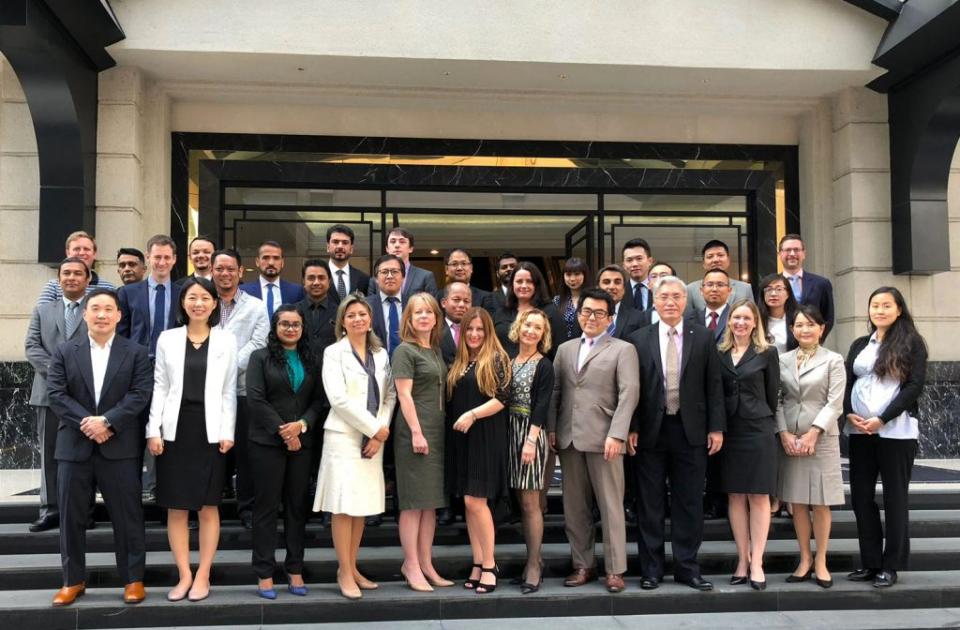
As criminals continue to exploit the Internet, social media, and messaging apps to advance their agendas, practitioners need improved skills and updated tools to access critical evidence and help bring terrorists to justice. In order to achieve this, the United Nations Office on Drugs and Crime’s Terrorism Prevention Branch (UNODC/TPB), the Counter-Terrorism Committee Executive Directorate (CTED), and the International Association of Prosecutors (IAP) have drafted a Practical guide for requesting electronic evidence across borders, which contains information to help identify steps at the national level to gather, preserve, and share electronic evidence with the overall aim to ensure efficiency in mutual legal assistance (MLA) matters.
Without understanding exactly how to use this essential tool, however, criminal justice practitioners may still be at a disadvantage. To address this, the three partners organized a regional workshop on “Obtaining electronic evidence from private communications service providers (CSPs) in counter-terrorism and related organized crime cross-border investigations,” held in Kuala Lumpur, Malaysia, on 8-9 November 2018.
The workshop introduced participants to the use of the Practical guide in relation to preservation, pre-MLA requests, emergency disclosure requests, and best practices in the MLA request drafting process. These sessions included detailed case examples that gave participants the opportunity to ask follow-up questions to panellists from the private CSPs, as well as from UNODC/TPB, CTED, and IAP. Participants from each delegation were also asked to deliver a brief presentation on their national practices and experiences in requesting and providing electronic evidence. This information was later used in an evaluation session, which detailed specific follow-up steps for each Member State, including future technical trainings by the organizers.
Organized under the “Global project on strengthening the capacity of Central Authorities and counter-terrorism prosecutors and investigators in obtaining digital evidence from private CSPs in cross-border investigations,” the programme will also cover future regional trainings, the next of which will be held in Central Asia. The Practical guide itself is in the final stages of editing, and will be made available in December 2018.

